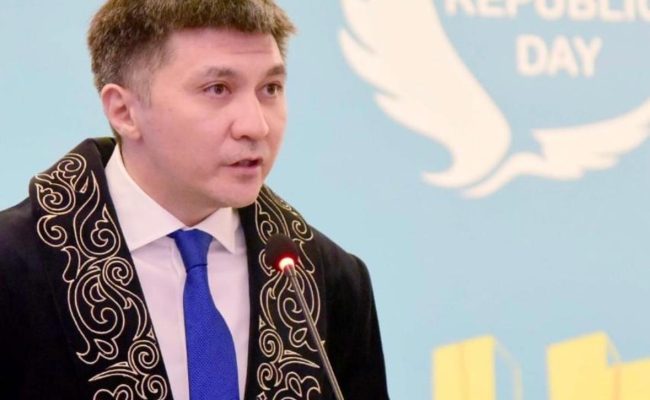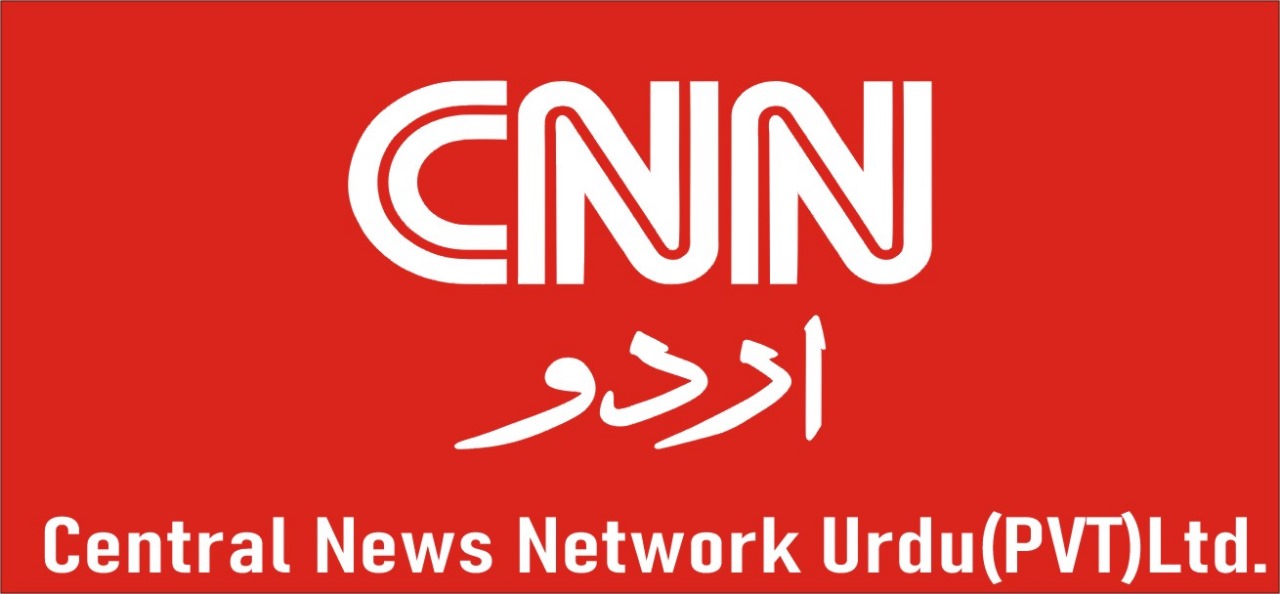By Yerzhan Kistafin
TWA
______
On October 25 Kazakhstan celebrates the 34th anniversary of the adoption of the Declaration of Sovereignty by the Supreme Council of the Republic of Kazakhstan.
Republic Day is of immense importance in the history of Kazakhstan, symbolizing the beginning of our journey toward state sovereignty and the consolidation of our independence.
Over the past three decades, the country has developed dynamically, with a strong focus on socio-economic and foreign policy development.
There are some key achievements in Kazakhstan’s development. In 2023, Kazakhstan’s foreign trade volume amounted to $139.8 billion (exports of 78.7 billion, imports of 61.1 billion) marking a 3.2% increase year-on-year.
Since 1993, Kazakhstan has attracted a total of 441 billion dollars in foreign direct investments (FDI). Top 10 investors since 2005 are the Netherlands, the USA, Switzerland, China, Russia, France, the UK, Belgium, the Republic of Korea, and Japan.
According to the FDI Intelligence ranking of the best markets for investment in emerging markets in 2024, Kazakhstan took 6th place in terms of the dynamics of attracting foreign direct investment.
Additionally, the Astana International Financial Centre (AIFC) plays a crucial role in establishing Kazakhstan as a regional business hub. In 2024, more than 3000 companies from 82 countries registered at AIFC. Since 2018, more than $12 billion of investments have been raised through the AIFC platform.
Kazakhstan is investing heavily in digital infrastructure and is implementing projects to provide extensive broadband internet access across the country. Plans are also underway to introduce 5G and high-quality data centers in urban and rural areas over the coming years.
Regarding logistics, President Kassym-Jomart Tokayev has prioritized the development of the “North-South” transport corridor.
Kazakhstan’s growing role in global trade, along with its key involvement in the Belt and Road Initiative, positions the country to open its markets to billions of people. A total of 13 international transport corridors cross Kazakhstan, including five railroad and eight high ways. In 2023, transit traffic volume reached 32 million tons. By 2029, we plan to increase this to 35 million tons.
The “Middle Corridor” (TITR) has a throughput capacity of 6 million tons, including 100,000 TEU, over a length of 6,180 km.
In 2023, 2.76 million tons of cargo were transported along the TITR route, a 65% increase from 2022 (1.7 million tons) and three times the volume in 2021 (840,000 tons). Cargo transportation via the TITR in the first half of 2024 was 2.2 million tons, with plans to transport up to 4.2 million tons in 2024 overall.
Kazakhstan has also seen significant improvements in its global rankings. Kazakhstan is ranked 67th out of 193 countries in the Human Development Index 2023/2024 and has been classified under the “very high level” of human development category for the last several years. In the 2024 IMD World Competitiveness Ranking, Kazakhstan ranked 35th among 67 nations, climbing 8 positions from 2022. This study evaluates factors such as Economic Performance, Government Efficiency, Business Efficiency, and Infrastructure.
In the Social Progress Index, Kazakhstan ranked 63rd out of 170 countries. In the 2024 Global Soft Power Index, Kazakhstan was ranked 80th out of 193 countries, leading among Central Asian states. According to the international ranking in the field of sustainable development ESG Index 2023, Kazakhstan ranked 52nd out of 183 countries. On the international stage, Kazakhstan plays an active role in international organizations, contributing to global peacekeeping efforts, building equal and mutually beneficial relations with all countries. Astana firmly adheres to the strategic course of strengthening multilateral cooperation with the Central Asian states and is committed to further contributing to regional cooperation to ensure stability. Kazakhstan follows the principle of “A successful Central Asia is a successful Kazakhstan”.
In 2024, Kazakhstan has simultaneously chaired several international organizations, including SCO, CICA, the Organization of Turkic States, the Consultative Meetings of the States of Central Asia, the Collective Security Treaty Organization, the Islamic Organization for Food Security, and the International Fund for Saving the Aral Sea.
Kazakhstan considers its participation in UN peacekeeping missions as an essential part of its foreign policy aimed at strengthening regional and global security.
The “Born Bold” campaign in Kazakhstan was launched in 2024, initiated by President Kassym-Jomart Tokayev as part of the broader efforts to modernize the country and to showcase the country’s dynamic, forward-thinking approach to economic growth, social progress and innovation. It highlights Kazakhstan’s strategic sectors; such as energy, logistics, education, and tourism, positioning the country as a bold and attractive destination for global businesses, investments, and cultural exchange.
It is important to mention, that from September 8 to 13, the 5th World Nomad Games took place in Astana. Throughout the week, competitions in 21 sports were held as part of the 5th WNG, along with a daily cultural program at the Ethnoaul “Universe of Nomads.” Additionally, a scientific and practical conference titled “Nomads: History, Knowledge, Lessons” was held as part of the scientific program. Approximately 2,800 participants from 89 countries took part in these Games. According to estimations hundreds of thousands of people attended the Games. Kazakhstan topped the medal tally, winning a total of 112 medals, including 43 gold, 32 silver, and 37 bronze medals. Pakistan secured three bronze medals. Around 1,500 media representatives covered the Games.
In line with President Kassym-Jomart Tokayev’s state of the nation Address from September 1, 2023, titled “The Economic Course of a Fair Kazakhstan”, which emphasizes maintaining constructive and neighborly relations with all countries, including our South Asian neighbors, especially Pakistan, the Embassy has been working to develop multifaceted cooperation with your beautiful country.
Kazakhstan and Pakistan partnership has seen a positive trend during last years. The growth in trade turnover between the countries amounted to 85%, or 186.3 million USD (100.7 million USD in the 2023 fiscal year), including imports of 2.3 million USD and exports of 184 million USD.
Stable trade routes between our countries have been established. For instance, NLC delivered goods from Kazakhstan to the UAE through the Karachi seaport, and in cooperation with TCS, pharmaceutical products from Karachi were delivered to Baku (Azerbaijan) through Kazakhstan’s Aktau seaport.
A significant achievement in our trade relations with Pakistan — earlier this year, is that Kazakhstan imported the first batch of the world famous Pakistani mangoes. Kazakhstan and Pakistan continue to provide mutual support at the highest level in international and regional organizations. A vivid example of this is the successful events held in Astana and Islamabad this year – the SCO Council of Heads of State and the SCO Council of Heads of Government.
While the Prime- Minister of Pakistan H.E. Mr. Shehbaz Sharif attended the SCO Summit in Astana, the Prime-Minister of Kazakhstan H.E. Mr. Olzhas Bektenov made the first-ever visit to Islamabad to participate in the SCO meeting. On the sidelines of this event, the Heads of Government of Kazakhstan and Pakistan held fruitful negotiations, once again confirming their mutual interest in the comprehensive development of Kazakhstan-Pakistan relations. Several concrete agreements have been reached, and their implementation will take place in the coming months.
We must clearly understand the strategic importance of our countries in the context of developing cooperation both regionally — between Central Asia and South Asia—and on an intercontinental scale.
Kazakhstan can provide access to the markets of Greater Eurasia, while through Pakistan’s seaports, there is potential access to the markets of the Gulf States, Africa, and Southeast Asia.
Achieving such ambitious goals requires us to think on a large scale and reevaluate the potential for cooperation between Kazakhstan and Pakistan.
Guest Author
Yerzhan Kistafin
The author of this article Yerzhan Kistafin is an Kazakhstan diplomat currently serving as the Ambassador of the Republic of Kazakhstan to Pakistan


